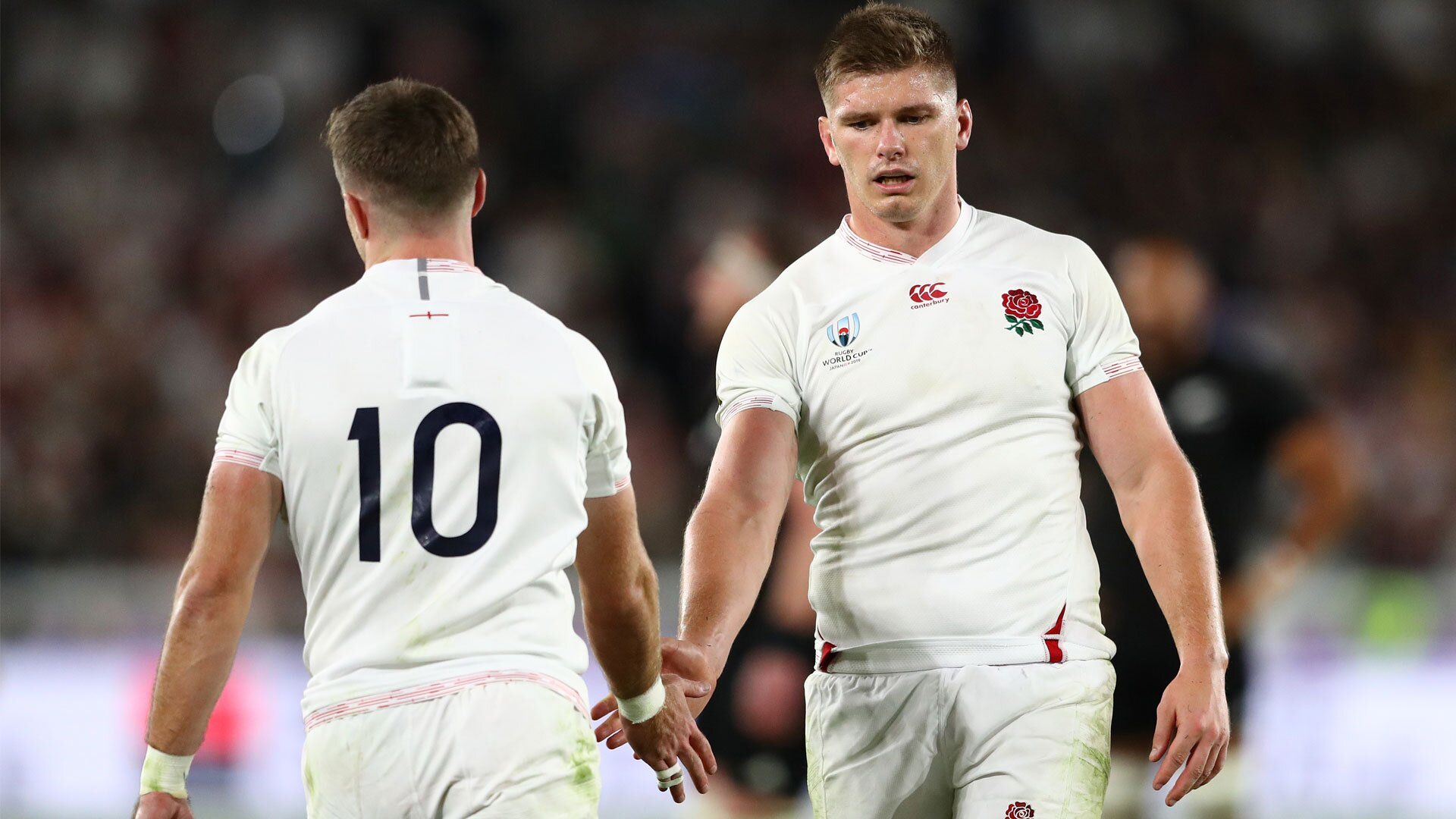Fixtures finally confirmed for November's one-off eight-team Nations Cup

Ireland and Wales will kick-off the new Autumn Nations Cup on November 13 in Dublin after Six Nations officials finally confirmed plans for the one-off eight-team tournament featuring Georgia and Fiji in competition along with the half-dozen Six Nations countries, including Eddie Jones’ England.
Recent World Cup quarter-finalists Japan were invited to take part in the four-round event but they pulled out last month, paving the way for the inclusion of Georgia who have been touted for years as a better bet to play in the Six Nations than misfiring Italy.
A statement released on Thursday read: “Six Nations Rugby together with its constituent unions and federations is extremely pleased to announce details of the Autumn Nations Cup – a completely new and innovative tournament that will take place over four weekends between November 13 and December 6.
“The Autumn Nations Cup 2020 will be a unique eight-team competition, involving the Six Nations as well as the rugby unions of Georgia and Fiji.
“In recent months as the scale of the challenge presented by the COVID-19 pandemic emerged, it became apparent that fulfilling the traditional autumn international fixtures would not be possible particularly as a result of travel restrictions preventing certain international teams from competing in scheduled fixtures.
England will play four matches including three @Quilter Internationals at Twickenham as part of a new Autumn Nations Cup from 14 November 🏆
The Cup will feature all @SixNationsRugby teams as well as Georgia and Fiji.
For fixtures, format and more follow the link ⬇️
— England Rugby (@EnglandRugby) September 10, 2020
“This newly created tournament will replace the traditional autumn international window for 2020 and ensures rugby fans all over the world will be treated to top-class international rugby this autumn. The format for the Autumn Nations Cup will be two pools of four – Group A will include England, Ireland, Wales and Georgia with Group B comprising of France, Scotland, Italy and Fiji.
“The action gets underway over the weekend of November 13/14/15, kicking off with the mouth-watering clash of Ireland and Wales at the Aviva Stadium on the Friday. This will be followed on Saturday by England v Georgia and Italy v Scotland, while on Sunday France will entertain Fiji.
“The Autumn Nations Cup will conclude on the weekend of December 5 and 6 with a special final round of matches. Based on the pool rankings coming into the final weekend, each team will face off against the team ranked in their same position in the opposite pool, a format which promises some intriguing and unexpected clashes e.g. 1st place Group A v 1st place Group B, 2nd place Group A v 2nd place Group B.
“In the coming weeks, as detailed planning continues ahead of the opening round of the Autumn Nations Cup 2020, the health and safety of players, associated staff and supporters will continue to be a key focus.
“Six Nations remains in close contact with all relevant authorities across the respective jurisdictions to ensure these matches take place in a safe environment and we will announce further details of health and safety protocols and guidance on spectator attendance in due course.”
England will host three games at Twickenham, with a venue still to be decided for their away game versus Wales.
AUTUMN NATIONS CUP FIXTURES
ROUND ONE
Nov 13: Ireland v Wales (Aviva Stadium, 7pm)
Nov 14: Italy v Scotland (TBC, 12.45pm), England v Georgia (Twickenham, 3pm)
Nov 15: France v Fiji (TBC)
ROUND TWO
Nov 21: Italy v Fiji (TBC, 12.45pm), England v Ireland (Twickenham, 3.0pm), Wales v Georgia (TBC, 5.15pm)
Nov 22: Scotland v France (Murrayfield, 3pm)
ROUND THREE
Nov 28: Scotland v Fiji (Murrayfield, 1.45pm), Wales v England (TBC, 4pm), France v Italy (TBC, 8pm)
Nov 29: Ireland v Georgia (Aviva Stadium, 2pm)
ROUND FOUR FINALS WEEKEND
Dec 5: Georgia v TBD (Murrayfield, 12pm), Ireland v TBD (Aviva Stadium, 2.15pm), Wales v TBD (TBC, 4.45pm)
Dec 6: England v TBD (Twickenham, 2pm)
He faced a 10-game ban before off-field mitigation factors were taken into accounthttps://t.co/lz6AUdyenw
— RugbyPass (@RugbyPass) September 8, 2020





































































